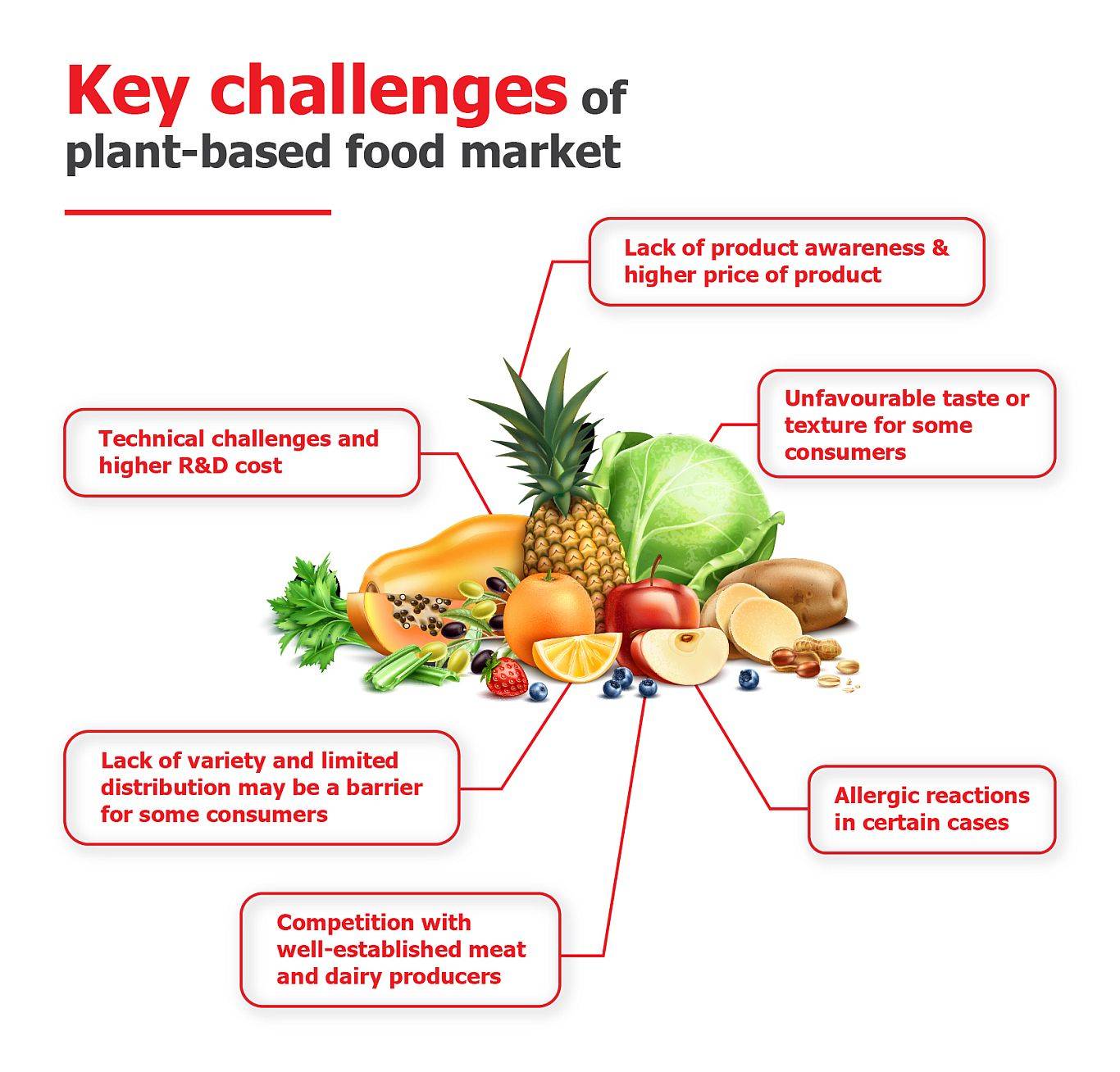In recent years, plant-based diets have gained significant popularity, becoming a mainstream choice for many individuals worldwide. This shift towards consuming more plant-derived foods and reducing animal products is driven by various factors, including health benefits, environmental concerns, animal welfare, and culinary curiosity. Let's explore why plant-based diets are taking over and what makes them appealing to so many people.
Health Benefits of Plant-Based Diets
One of the primary reasons people adopt plant-based diets is the array of health benefits associated with this eating pattern. Research has shown that plant-based diets can support healthy living at every age and life stage. They are associated with a lower risk of chronic diseases such as heart disease, high blood pressure, diabetes, and certain cancers. Additionally, plant-based diets are often higher in fiber and phytonutrients, which are beneficial compounds found in plants.
Moreover, plant-based diets are typically lower in calories and higher in fiber, aiding in weight management. They can also improve insulin sensitivity and decrease body mass index (BMI), reducing the risk of obesity and related health issues.
Environmental Impact
Beyond personal health, many individuals are motivated by the positive environmental impact of plant-based diets. The production of plant-based foods generally requires fewer natural resources and generates lower greenhouse gas emissions compared to animal-based foods. This makes plant-based diets a more sustainable choice, contributing to the reduction of one's environmental footprint.
Animal Welfare Considerations
Concerns about animal welfare also play a significant role in the shift towards plant-based eating. By reducing or eliminating the consumption of animal products, individuals can make choices that align with their ethical beliefs regarding the treatment of animals. This ethical consideration is a compelling factor for many people choosing plant-based diets.
Culinary Exploration and Accessibility
The culinary landscape has evolved, offering a diverse array of plant-based options that cater to various tastes and preferences. The availability of plant-based meat alternatives and innovative recipes has made it easier for individuals to explore and enjoy plant-based meals. This accessibility has contributed to the mainstream adoption of plant-based diets.
The rise of plant-based diets is a multifaceted trend driven by health benefits, environmental sustainability, ethical considerations, and culinary innovation. As more people become aware of these factors, the adoption of plant-based diets is likely to continue growing, shaping the future of food consumption towards a more sustainable and health-conscious direction.


